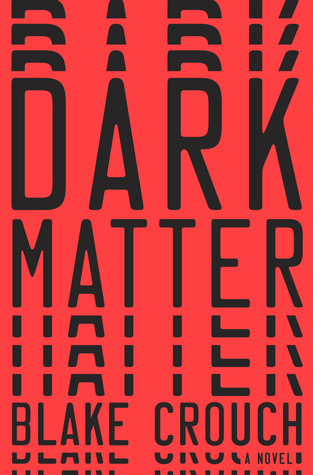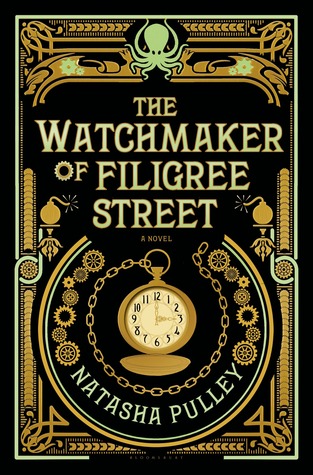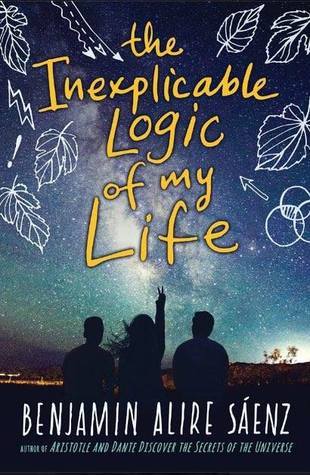
First of all, the pacing did not always work for me. The book is written like a thriller: i.e. some portions are incredibly dragged out, and some are action-packed and move incredibly fast. In addition, I thought the main character was annoying at times: especially when he would get distracted in a parallel world by an unfamiliar version of his family even though as a physicist, he clearly realizes that this is not his reality. Aside from these minor issues, I thought the story had some bigger plot holes. For example, if so many versions of our original Jason ended up flocking to our world, how come there was only one Jason2? Supposedly, he had also wandered various worlds for a while and had made some choices that would result in a split-off. Finally, the ending was completely unsatisfying to me. It felt more of a cop out. Basically, Jason left a mess in his world and who is to say that that mess is not going to follow him wherever he goes? I really expected Blake Crouch to come up with some elegant science-y solution, which unfortunately did not happen. Instead, the novel felt somehow unfinished or not well thought out. Despite these numerous issues, I still think the novel is entertaining and well-written. 3 out of 5 stars.





